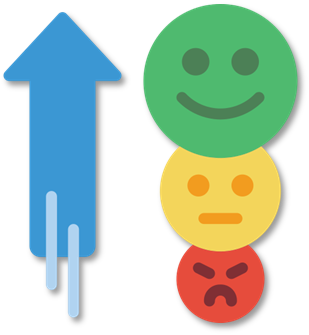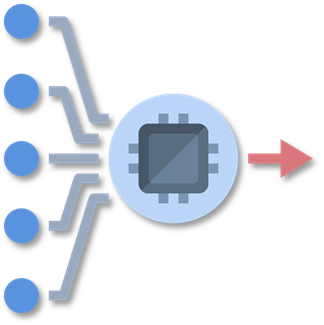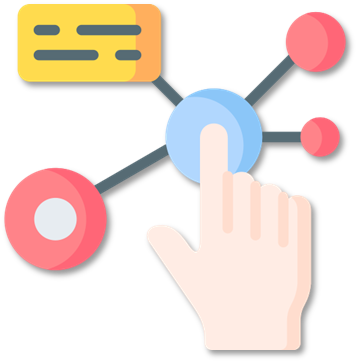Step 2: Functions
| Topic | Question | Answer |
Overall objective | What is the overall objective of the human-AI system? How do human and AI collaborate and support each other (interdependence)? | NAO is supposed to provide support as an information system using its knowledge base and its experience with the emotional state of the PwD. NAO can provide this support by reminding the PwD of appointments with relatives and information about these relatives. The PwD can in turn let NAO know what their emotional response is to this information. |
Functions
| What are the functions of the AI system (s)? What does it actually do? What are its inputs, and what are its outputs? | NAO can provide information about a relative when asked by the PwD. NAO can remind the PwD of an oncoming visit of a relative. NAO can learn from the PwD's response which information leads to which emotional response. NAO can receive input from relatives to update its knowledge base. Inputs:
Outputs:
|
Interaction | How do you expect the human to interact with these AI functions? Does the human provide any input? (just a (high-level) description of interaction(s) is fine, e.g. “Actor A provides feedback in the form of tags”)
| The PwD can ask questions by talking to NAO. The PwD can tell NAO how it feels receiving certain information. Was it sufficient? Was it upsetting? etc. Other stakeholders (eg. relatives, doctors) can provide new information NAO should include in its knowledge base. |



